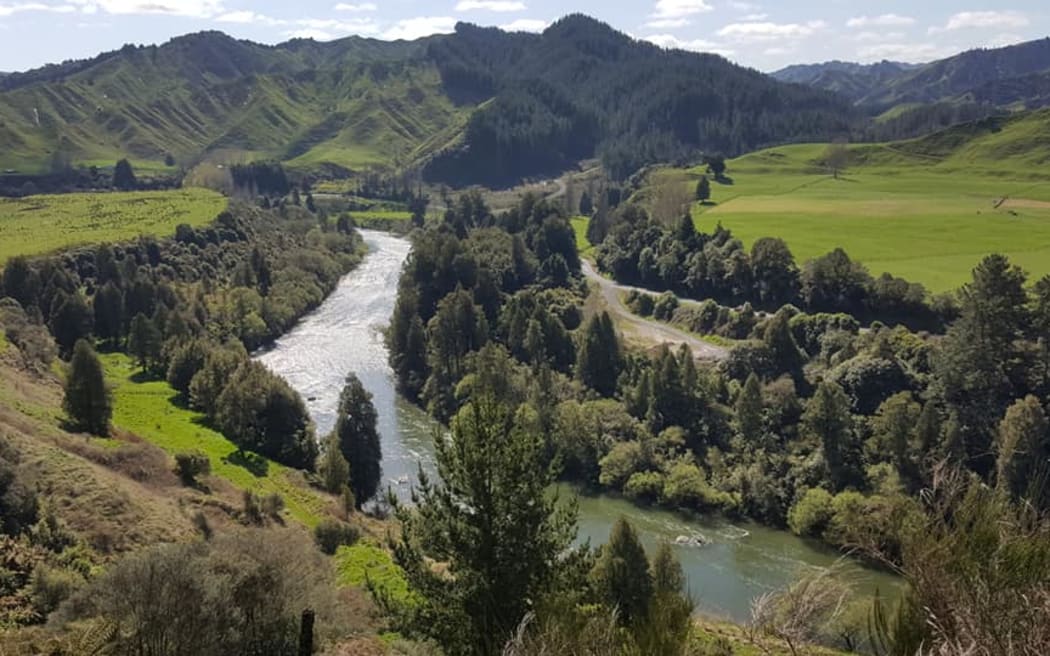World-first rights accorded to a river have brought an Australian politician to consult with iwi on how they gained the protection of legal personhood for the Whanganui River.

Legal personhood for the Whanganui River was confirmed in the Te Awa Tupua (Whanganui River Claims Settlement) Act 2017. Photo: LDR / Moana Ellis
New South Wales parliamentarian Mark Pearson wants similar status for the Barwon and Darling rivers, which together form one of Australia’s greatest river systems.
Pearson was elected to the Legislative Council of the parliament of New South Wales in 2015, representing the Animal Justice Party.
He said the Barwon and Darling rivers and their ecosystems are under threat from over-extraction of water for agribusiness such as cotton, rice growing and sheep farming.
Pearson was in Whanganui last week to meet with iwi representatives and river tribes entity Ngā Tāngata Tiaki o Whanganui to gain insight into how to safeguard the future of the rivers and their tributaries, which extend from Queensland through to New South Wales and South Australia.
“There have been attempts to protect the environment around those rivers but agribusiness, agriculture and industry is so powerful in Australia that those efforts have failed,” Pearson said.
“Large corporate farming enterprises have bought a lot of land around these rivers and are pumping water out to irrigate the ground with little consideration for the environment, or for indigenous interests and connection.
“Governance of today doesn’t understand the importance of the connection between the river, the land, animals, the air and the people – but I think indigenous people such as Māori and the Aboriginal people of Australia do understand that.
“My role in parliament is about protecting animals but I don’t see a disconnect between animal, water, air, environment – to me it’s all part of the same story. Interconnectedness is the principle we all have to understand.”
Pearson said he had engaged with indigenous elders in Australia and had come to New Zealand to gain more understanding of the Whanganui River’s personhood status.
“I read about it and I thought this is extraordinary. In the work that’s been done here over 120 years, [the river tribes] have been able to provide insight into the fact that the river is the life force and the lifeline of not only the land, the animals, the air and the environment, but for human beings.
“[They] have worked incredibly hard over a century with extraordinary insight and tenacity to bring about this recognition.
“The preservation and personhood of a river is a very powerful instrument to help nature and help the environment and reverse all of the destruction that colonisation in particular has brought.”
Pearson said he was struck by how the Te Awa Tupua (Whanganui River Claims Settlement) Act of parliament five years ago required changes of central and local government.
“If you’ve been appointed as a mayor or a general manager of a council or whatever, you have to talk to the river and you have to listen to the river. I think that’s what we need [in Australia].
“That’s the only way we’re going to save those two most important rivers in Australia.
“If we don’t give them the standing of personhood, protection and guardianship, very much like what is happening here, they will die.”
Pearson plans to bring representatives of Aboriginal groups to Whanganui next year to learn more about how to seek rights for the Barwon and Darling rivers.
Local Democracy Reporting is Public Interest Journalism funded through NZ On Air